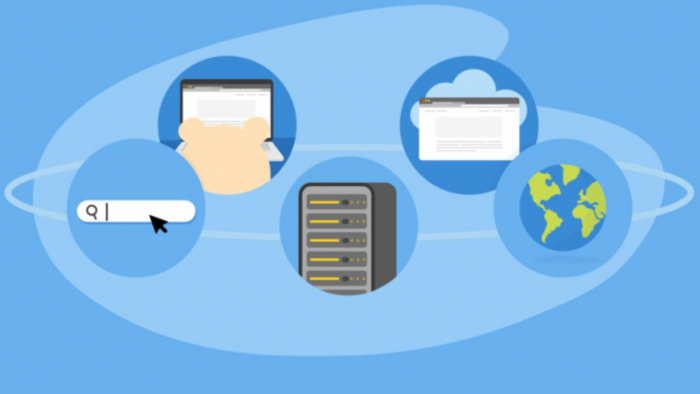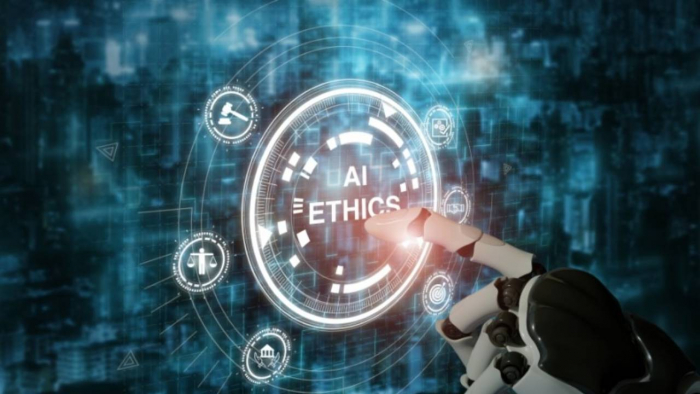You’ve squashed bugs like a champ. Your code is cleaner than a Marie Kondo-ed junk drawer. And your app? It’s sleek, functional, and even has dark mode.
Guess what? Being a great developer doesn’t guarantee success, particularly if flying solo.
Technical know-how will get you through the door. But it’s business savvy that helps you stay in the room.
Whether launching a side project or running a micro-SaaS empire, you’ll need non-coding skills to go from “I built this” to “I’m making bank from this.
Product Thinking: Code Less, Solve More
Writing great code is cool. Solving real problems is cooler.
Product thinking is all about shifting your mindset from “How do I build this feature?” to “Why am I building it?”
You’re not a software developer; you’re also a problem solver, strategist, and customer advocate.
Before writing a single line of code, validate your idea, and ask:
- Who needs this?
- What pain point am I solving?
- Will they pay for it?
Software experts believe that thinking about the product holistically helps developers create better solutions.
Communication: Speak Human, Not Just Python

You can write regex in your sleep, but can you explain your app to a non-dev without their eyes glazing over?
Written and verbal communication is crucial. You’ll need it to write compelling product descriptions, unless you get AI to do that for you.
Also, because you’re a one-person show, you’ll need to handle customer support. Pitching to investors requires some sway and influence, so touch up on pleasantries and flowery language.
McKinsey emphasizes that “soft skills will matter just as much as tech skills” in the AI-era workplace. We’re talking about communication, collaboration, and emotional intelligence.
Marketing: If You Build It… They Might Not Come
This isn’t a Hollywood blockbuster about building a baseball field in the middle of nowhere.
It’s the very same reason your app isn’t going viral, because it’s built on Next.js and has buttery-smooth animations.
Marketing isn’t optional. It’s the difference between a brilliant tool collecting dust and a profitable digital product.
Start small and build an audience while building your product (Twitter, YouTube, dev blogs). Use SEO to your advantage, and understand your users’ pain points and how to speak to them.
No one’s saying you need to become a TikTok tech bro. Still, if you can’t market it, you can’t sell it.
According to Nucamp, marketing is increasingly valuable for devs managing their products or transitioning into leadership roles.
Monetization and Payments: You Deserve to Get Paid
Here’s the million-dollar question: How are you making money? Subscription? One-time payment? Freemium with paid upgrades?
Now ask yourself: How are you processing global payments? Who’s handling bank accounts, VAT and sales tax? What happens if someone demands a refund from Brazil?
That’s where all-in-one payment platform tools shine. Many eCommerce solutions help indie devs and SaaS companies accept payments, manage subscription billing, and global tax compliance via multiple online channels.
PayPro Global explains that when partnering with the right payments vendor, you can focus on shipping features, not chasing invoices.
Negotiation: ‘Exposure’ Doesn’t Pay Rent
Whether talking to vendors, setting freelance rates, or pitching your startup, you’ll need basic negotiation skills.
You don’t need to be Gordon Gekko to learn to set boundaries, communicate value, or know when to walk away.
The more confident you are about the value of your product (and time), the better deals you’ll land.
Analytics: What Gets Measured, Gets Improved
You’re not coding in a vacuum. Your decisions should be driven by data when it comes to user behavior, conversion funnels, and churn.
Learn to use tools such as Google Analytics, Hotjar, and Mixpanel.
Understanding why users bounce or convert is gold. With these insights, you can prioritize feature requests, optimize UX, and boost retention.
Adaptability: Tech Moves Fast. You Should Too
Remember when jQuery ruled the web? Or when everyone said native apps were dead?
Trends shift. AI tools evolve. Frameworks rise and fall.
That’s why adaptability is a top skill. Stay curious. Keep learning. Tech doesn’t slow down and neither should you.
Business Insider reports that developers who thrive in 2025 will be the ones who embrace AI and develop hybrid skills, not only pure code monkeys.
Done is better than perfect. (Unless your “done” crashes on launch, then… maybe debug first.)
Many devs get stuck in an endless loop of tweaking, polishing, and rewriting code. Don’t be that dev. Get feedback, ship early, and iterate.
Post Comment
Be the first to post comment!





